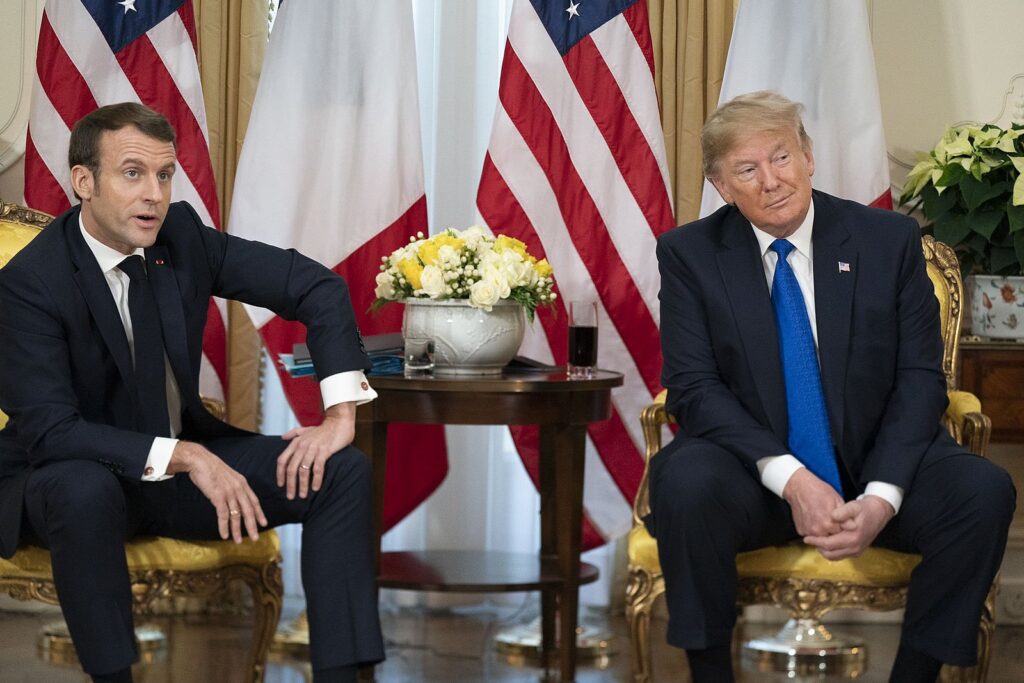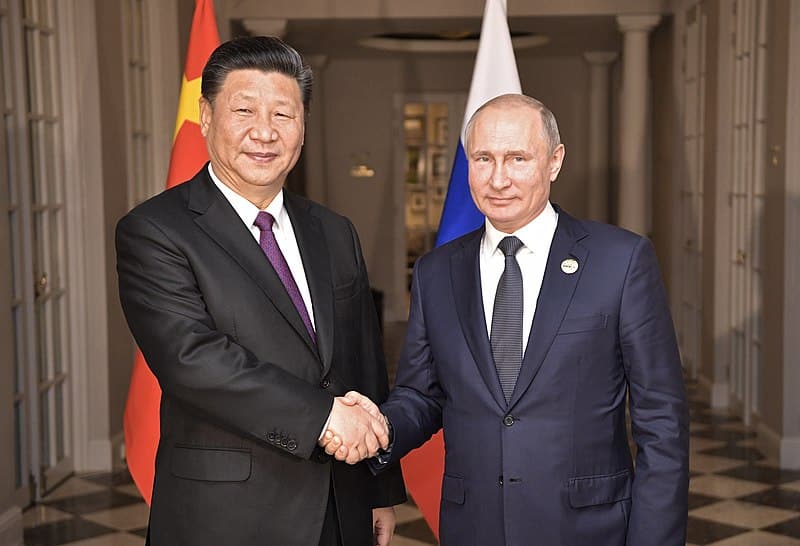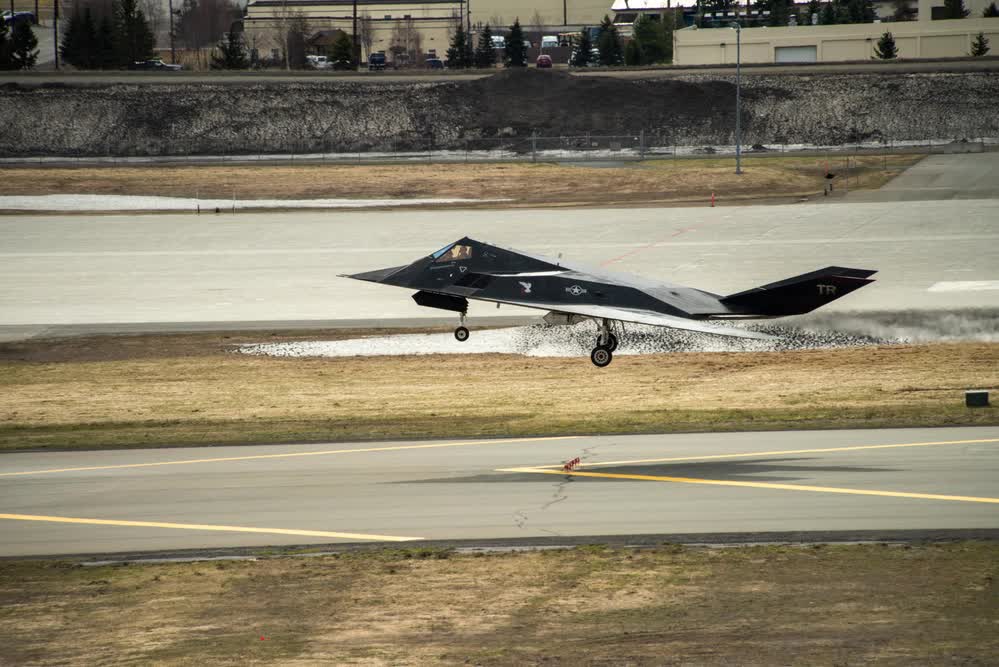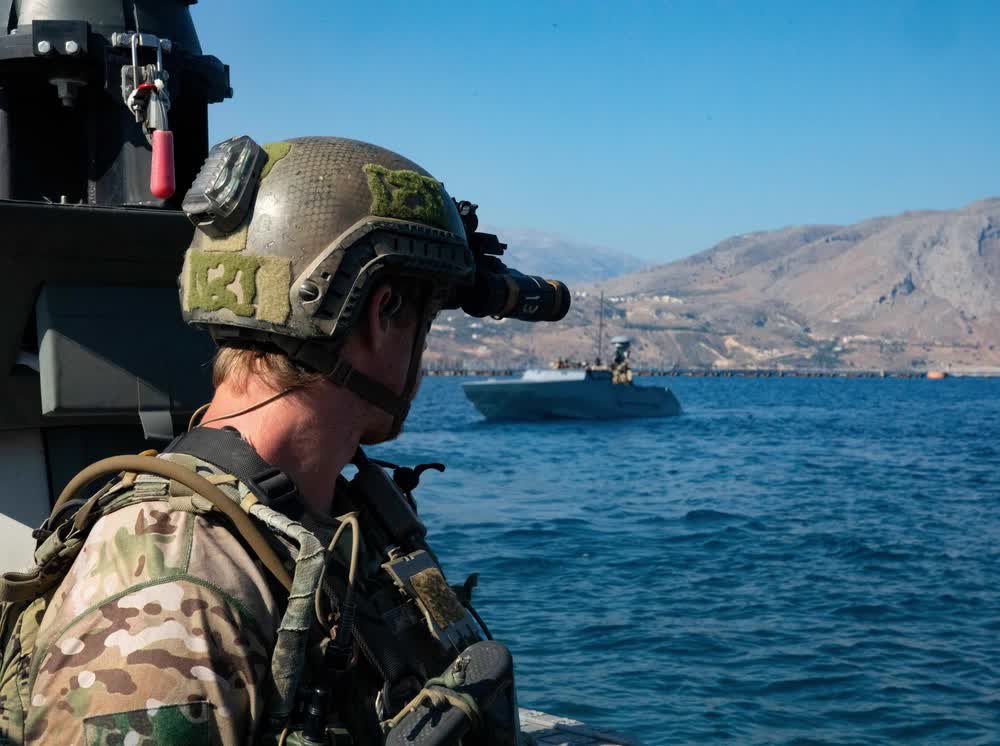Top 3 foreign policy questions for the new Trump administration
- By Frumentarius
Share This Article

“Elections have consequences” is an oft-repeated platitude, especially in the wake of a “change election” like the one we have just experienced. However, the saying is particularly insightful when referring to foreign policy. After all, American presidents are imbued by the Constitution with nearly unchallenged power in creating foreign policy relative to the other branches of government.
For that reason, let’s look at three important questions and ask how American foreign policy might change under the incoming administration.
What will be the American stance on European security?
The answer to this question must first and foremost address the future of NATO, and America’s level of commitment to the longstanding alliance. If the United States chooses to downplay the alliance, strangle it financially, or abandon it altogether, then the European Union will surely assume its own collective defense responsibilities. France and Germany, specifically, will likely take irreversible action to become the guarantors of European security, thus weakening U.S. power and influence on the continent.
The answer to the broader European security question must also address how the United States will go forward regarding the war in Ukraine. By extension, this should address U.S. relations with Russia and whether President Trump will attempt to repair relations with Vladimir Putin’s Russia and bring forth a new, more friendly detente. This could to a degree, possibly cleave Russia away from China, which is no bad thing. However, it might also mean that the United States will be less sympathetic to fears of Eastern European countries about an aggressive Russia. These are all critical questions, the answers to which should become apparent over time, and indicate how the United States will treat its oldest set of allies.
How will the US deal with the rising axis of enemy countries?

Further, we need to know how a Trump government will alter U.S. relations with those countries that have in recent years formed an anti-U.S. and anti-Western global axis. It is no secret that China, Russia, Iran, and North Korea, specifically, have continuously challenged the U.S.-led Western order that has existed since the end of the Cold War.
It remains to be seen whether the new administration will push back against these countries, or whether it will attempt to use especially Trump-led personal diplomacy to tamp down global geopolitical tensions and placate this new axis. We should all want to know how the second Trump administration will react to a possible Chinese invasion of Taiwan, for example, or to a Russian one into one of the Baltic states or Moldova. All of these outstanding issues play into the final question that needs answering.
Related: How large are the nuclear arsenals of Russia and China compared to those of the US and its allies?
What will America’s role in the world look like?
How will America see its role on the world stage? Will we be an actively involved guarantor of world trade and international democracy and norms, as we’ve mostly been for the last seven decades? Or will American foreign policy have an isolationist bent, in which the United States acts only in cold, calculating self-interest? The answer must also address whether the United States will adhere to and enforce international laws and norms when it comes to issues like genocide, state aggression, and egregious human rights violations.
We also need to know how the U.S. government will treat its existing and potential alliances. Will these be dictated exclusively by realism or will liberalism continue to play a role, in which cooperation is valued over competition, power is vested in international organizations versus solely in competing state powers, and ideas like free trade and democracy are valued and defended?
Standing apart from the developments within the American political system, the international order that has existed since the end of World War II continues its slow slide into decay and ineffectiveness. Any competent political scientist could easily have predicted such a fraying since it is the historically natural course of events. History teaches us, after all, that all global systems eventually fail and this is instilling fear in the hearts of astute politicians the world over.
Feature Image: President Donald Trump holds a bilateral meeting with French President Emmanuel Macron of France on 3 December 2019. (Photo by Dan Scavino/Wikimedia Commons)
Read more from Sandboxx News
- Meet CHAPPIE, the Space Force’s robot that can sniff nuclear material
- Video: The Barracuda cruise missile is like a Hellfire on steroids
- 50,000 Russian and North Korean troops prepare to attack Ukrainian forces in Kursk
- Semper Fi: The Marine Corps is turning 249 years old. Let’s talk about its birthday celebrations
- It took more than stealth to make the F-117 Nighthawk a combat legend
Related Posts
Frumentarius
Frumentarius is a former Navy SEAL, former CIA officer, and currently a battalion chief in a career fire department in the Midwest.
Related to: Military Affairs

The night when police and Delta Force men patrolled the streets of New Orleans

Drones swarmed a military base for days and the Pentagon still doesn’t know why

Video: Did the Air Force use F-117 Night Hawks to attack ISIS in 2017?

